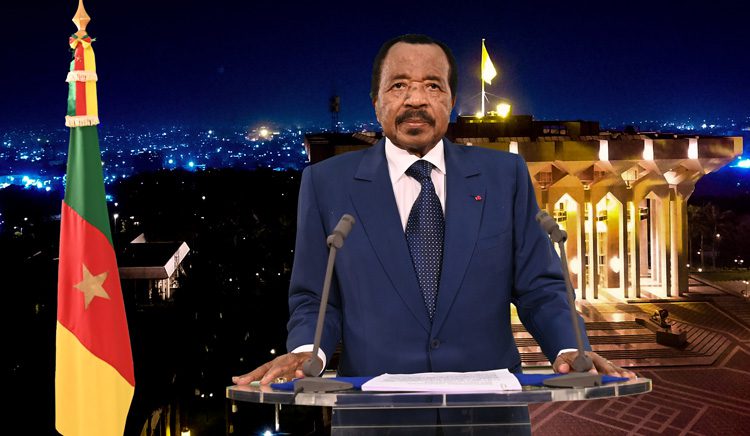In his recent end-of-year speech, President Paul Biya addressed the nation, acknowledging the challenges faced by Cameroon in 2023. However, a closer look at the speech reveals a stark contrast between the president’s narrative and the harsh realities experienced by the Cameroonian people.
International Challenges and Economic Struggles:
President Biya attributed some of Cameroon’s difficulties to an “increasingly difficult international context,” citing disruptions in global supply chains and conflicts in Eastern Europe and the Middle East. While these global issues undoubtedly have ripple effects, they don’t fully explain the depth of Cameroon’s internal crises. The president’s portrayal of a united nation making progress stands in stark contrast to the economic hardships faced by citizens.
Anglophone Crises, Injustice, and Corruption:
Notably absent from the president’s speech was any mention of the ongoing Anglophone crises, a long-standing issue that continues to cause loss of life and displacement. The failure to seek a lasting solution to this crisis perpetuates a sense of injustice among affected communities. Furthermore, corruption remains a pervasive issue, with little concrete action mentioned in the speech to address this deeply rooted problem.
Youth Unemployment and Mass Migration:
One of the alarming issues facing Cameroon is the plight of its youth. With over 60 percent of Cameroonians reportedly planning to leave the country due to economic hardship and unemployment, the president’s speech did little to address the root causes of this mass migration. The failure to provide opportunities for youth raises concerns about the country’s future stability.
Journalist Martinez Zogo’s Murder:
President Biya’s silence on the killing of journalist Martinez Zogo is conspicuous. The lack of acknowledgment or a commitment to investigating and bringing the perpetrators to justice raises questions about the government’s commitment to press freedom and the safety of journalists.
Inflation, Petroleum Crises, and Power Outages:
The president’s claim of stabilizing inflation at 6.7% contradicts the experiences of citizens grappling with rising commodity prices. The speech barely scratched the surface of the petroleum crises, frequent power outages, and the impact of these challenges on the daily lives of Cameroonians.
Unsettled Debts and Rising Debt Levels:
Another critical issue not adequately addressed is the country’s unsettled debts, particularly the billions owed to the electricity supplier, ENEO. Rising debt levels could further strain the country’s finances, contributing to the economic challenges faced by the population.
The Promise of 2024 and Flouting of Official Documents:
While the president vaguely alluded to actions in 2024 to address the rising cost of living, the lack of specific plans or policy changes leaves citizens skeptical. The flouting of official documents on social media, a trend noted in the speech, raises concerns about the government’s ability to enforce laws and maintain order.
President Paul Biya’s end-of-year speech paints a picture of progress and resilience, but a critical examination reveals a stark disparity between the government’s narrative and the lived experiences of the Cameroonian people. The absence of concrete plans to address ongoing crises and the failure to acknowledge key issues signal a need for substantial changes in leadership, governance, and policies to ensure a brighter future for Cameroon.

